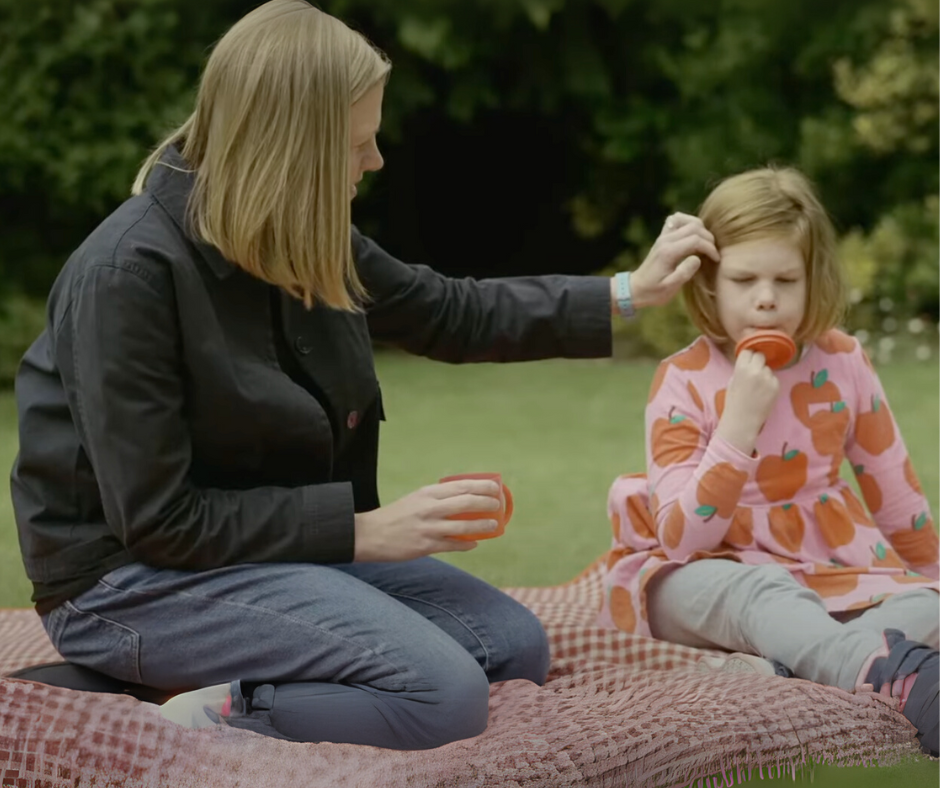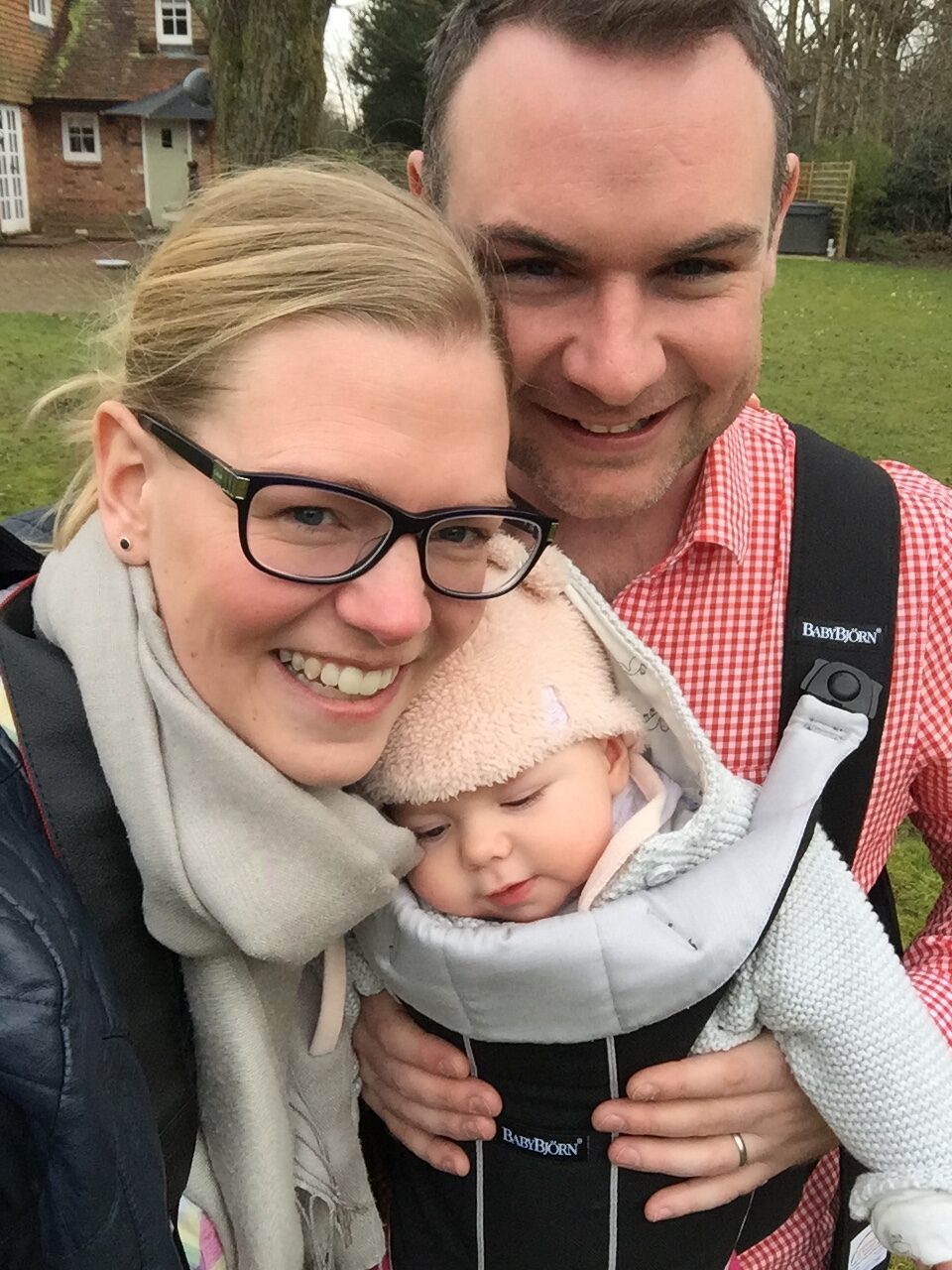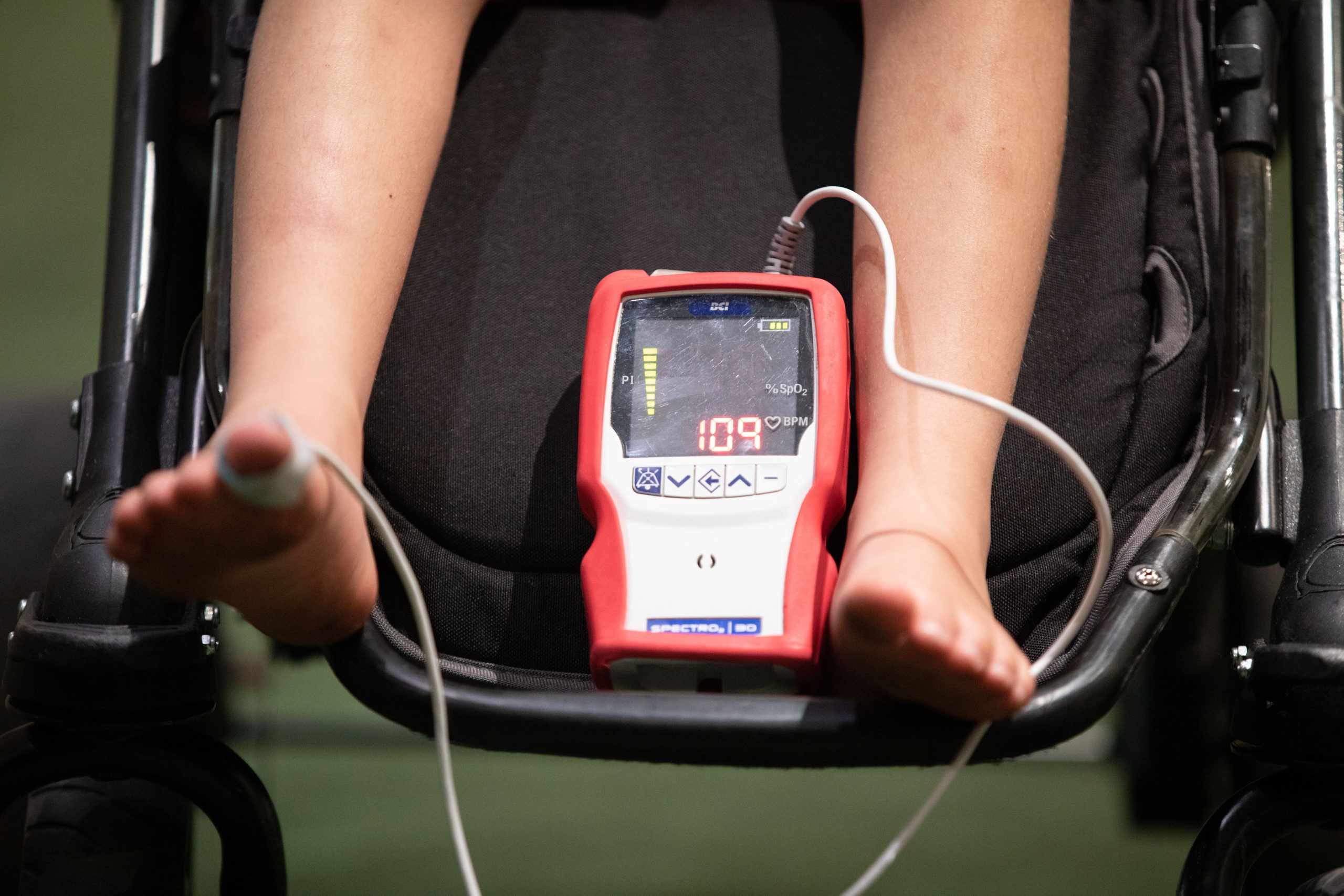
Read more about Beth’s Story
Beth’s mum, Jen, speaks more about Beth’s journey and why there is a need for greater support for parents who are caring for a child with Dravet Syndrome.


“I was offered counselling through the GP, but they don’t know what it’s like to have a child with a complex condition, they don’t have that understanding. There needs to be greater access to support for parents.”Jen Allen, mum to Beth who is living with Dravet Syndrome
Dr Anthony Mercier who conducted the study as part of his doctorate in clinical psychology at the University of Glasgow and is the lead author, says: “Parents and carers taking part in our study shared that they have experienced major psychological distress due to the repeated trauma of dealing with seizures, emergency hospital admissions and the fear of SUDEP. And almost all said they had experienced symptoms of PTSD as a result of the repeated trauma.”
Lead researcher Professor Liam Dorris, who is also the lead clinician for the
neuropsychology service at the Royal Hospital for Children in Glasgow, said “We hope that
this study can be used to inform professional practice, and to develop packages of support,
including targeted therapeutic interventions for parents of children with Dravet Syndrome
and similar developmental epilepsies.”
Galia Wilson, Chair of Trustees for Dravet Syndrome UK, says: “Dravet Syndrome is a devastating, life-long and life-changing condition that affects the emotional well-being of all
the family, but all too often this is overlooked. Someone with Dravet Syndrome needs 24/7 care for life. Severe and life-threatening seizures mean parents must constantly be on alert, while the developmental, behavioural and mobility aspects of the condition require constant support and care.
“This research serves as a call to action for greater awareness among all professionals involved in the care of families affected by Dravet Syndrome – to be mindful of signs of psychological distress and trauma, and importance of offering therapeutic interventions, such as talking therapies.
“By empowering parents like Jennifer to share their experiences, Dravet Syndrome UK hopes to bridge the gaps in understanding and help drive meaningful change.”
Dravet Syndrome UK would like thank Dr Anthony Mercier, Professor Liam Dorris, Dr Joseph Symonds, Professor Andreas Brunklaus, and Professor Sameer Zuberi at the Paediatric
Neurosciences Research Group, Royal Hospital for Children, Glasgow, for partnering with DSUK on this study.

Beth’s mum, Jen, speaks more about Beth’s journey and why there is a need for greater support for parents who are caring for a child with Dravet Syndrome.

A guide for parents and carers based on the latest research about impact of caring for someone with Dravet Syndrome and how to access support.

A guide for professionals based on the latest research about the mental health toll it takes to care for someone with Dravet Syndrome and how professionals such as GPs, neurologists, epilepsy nurses or social care workers can support families.